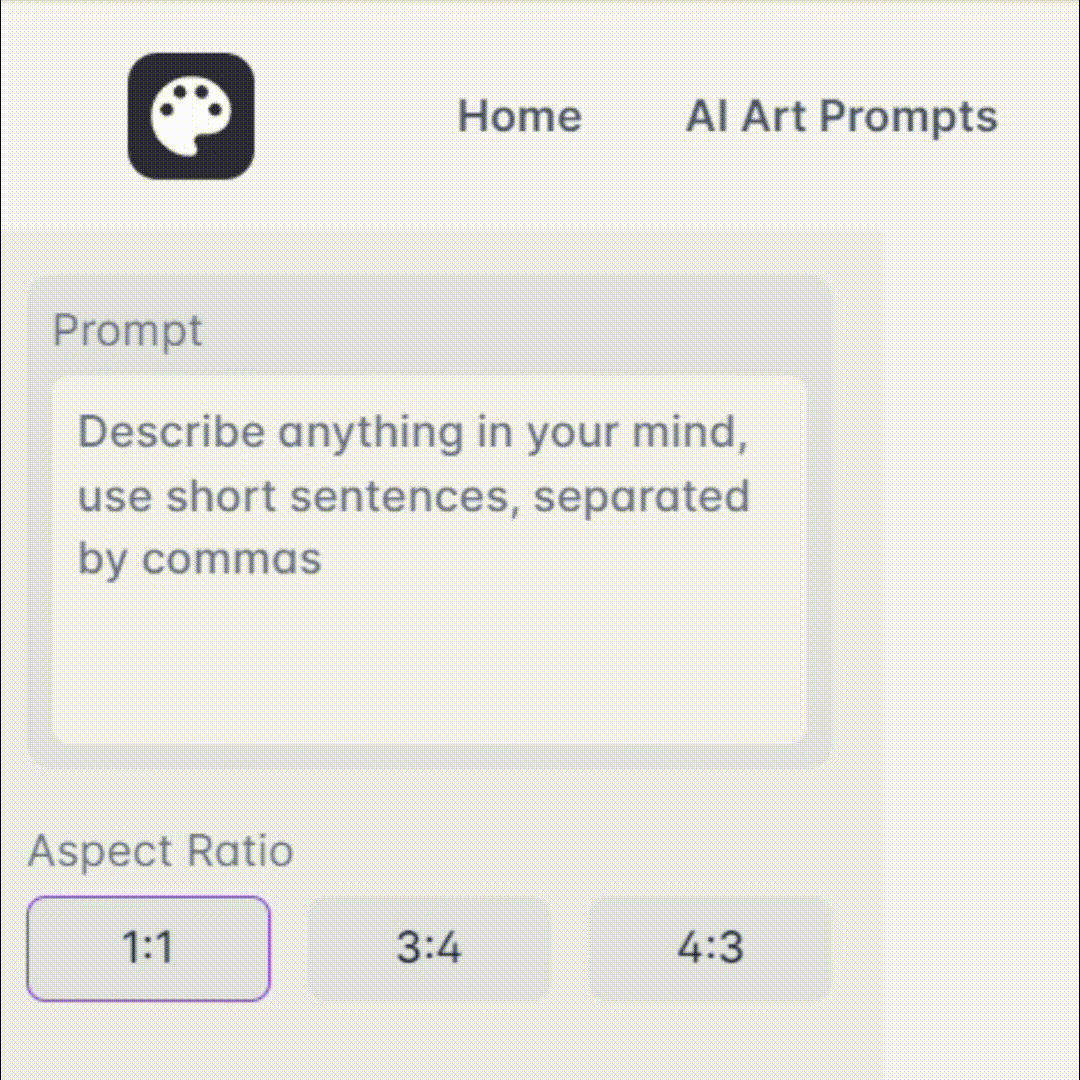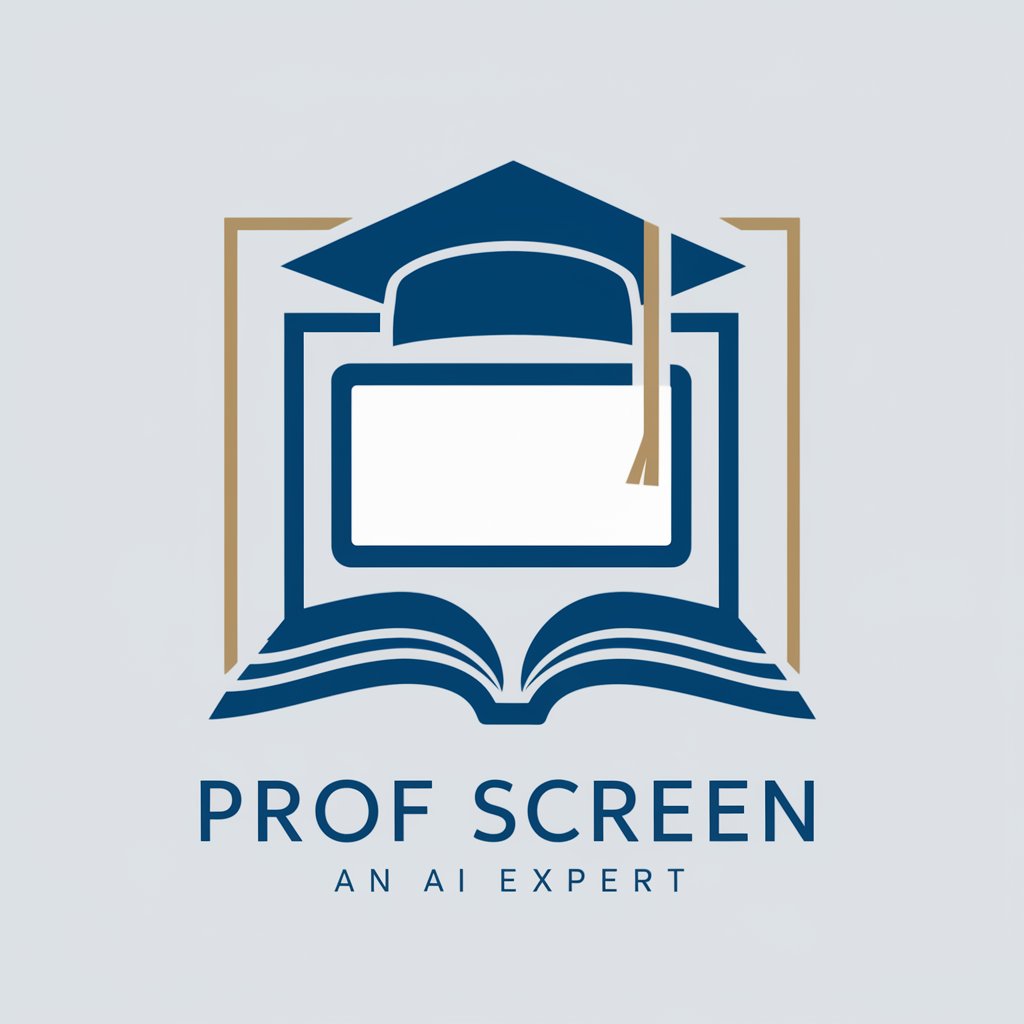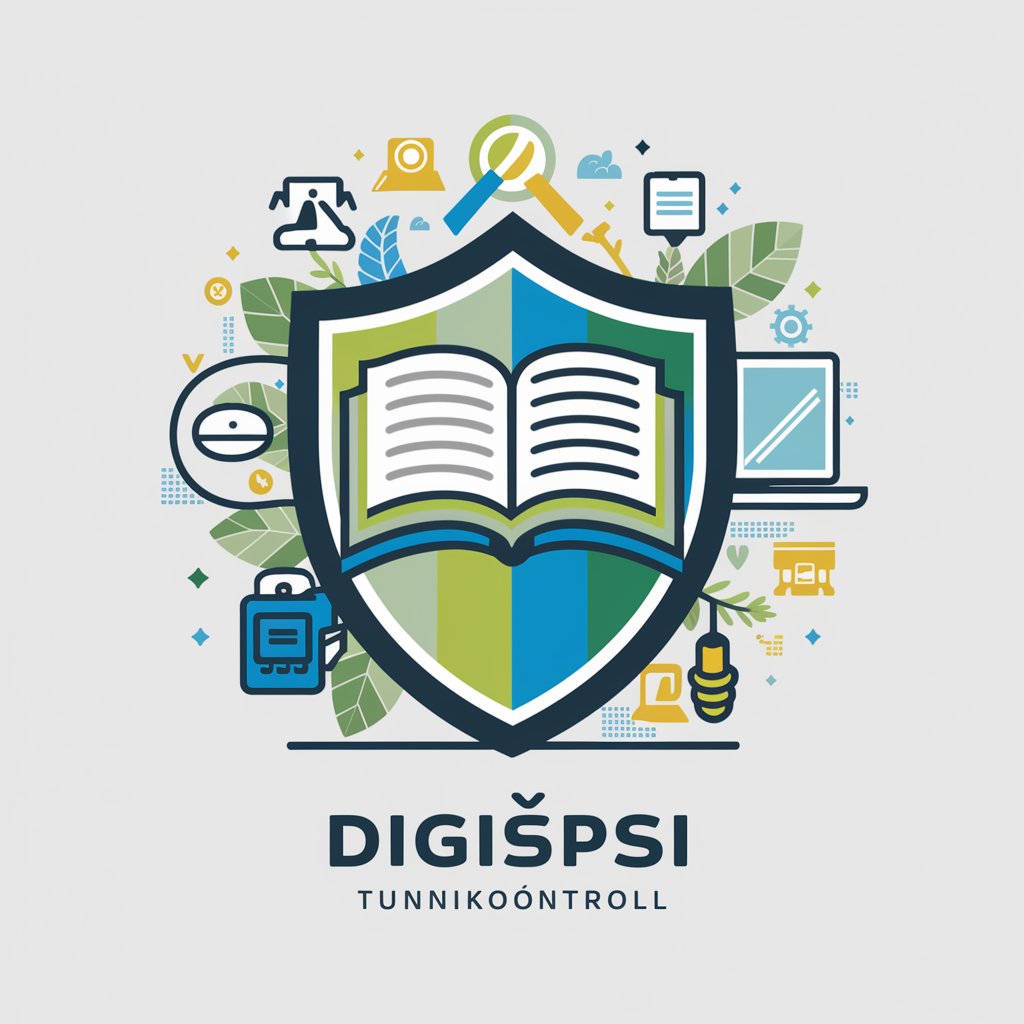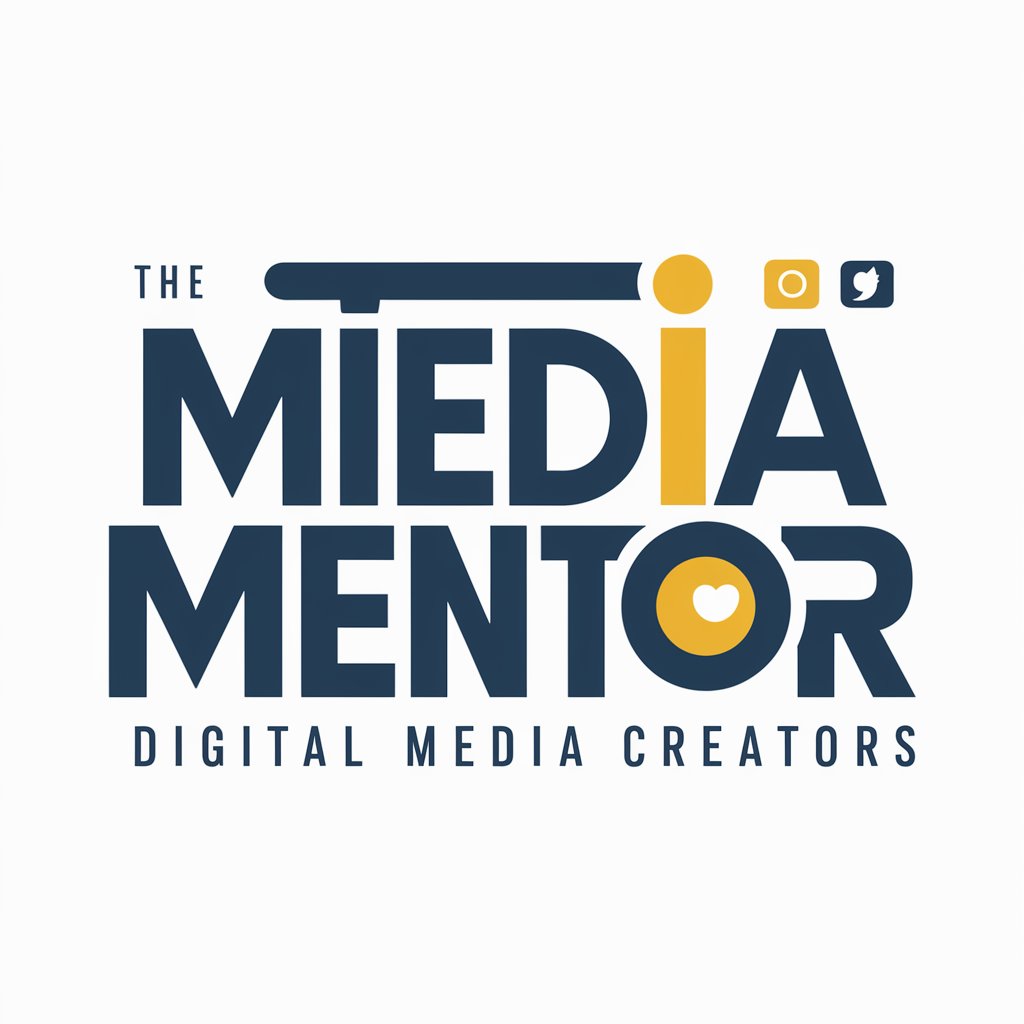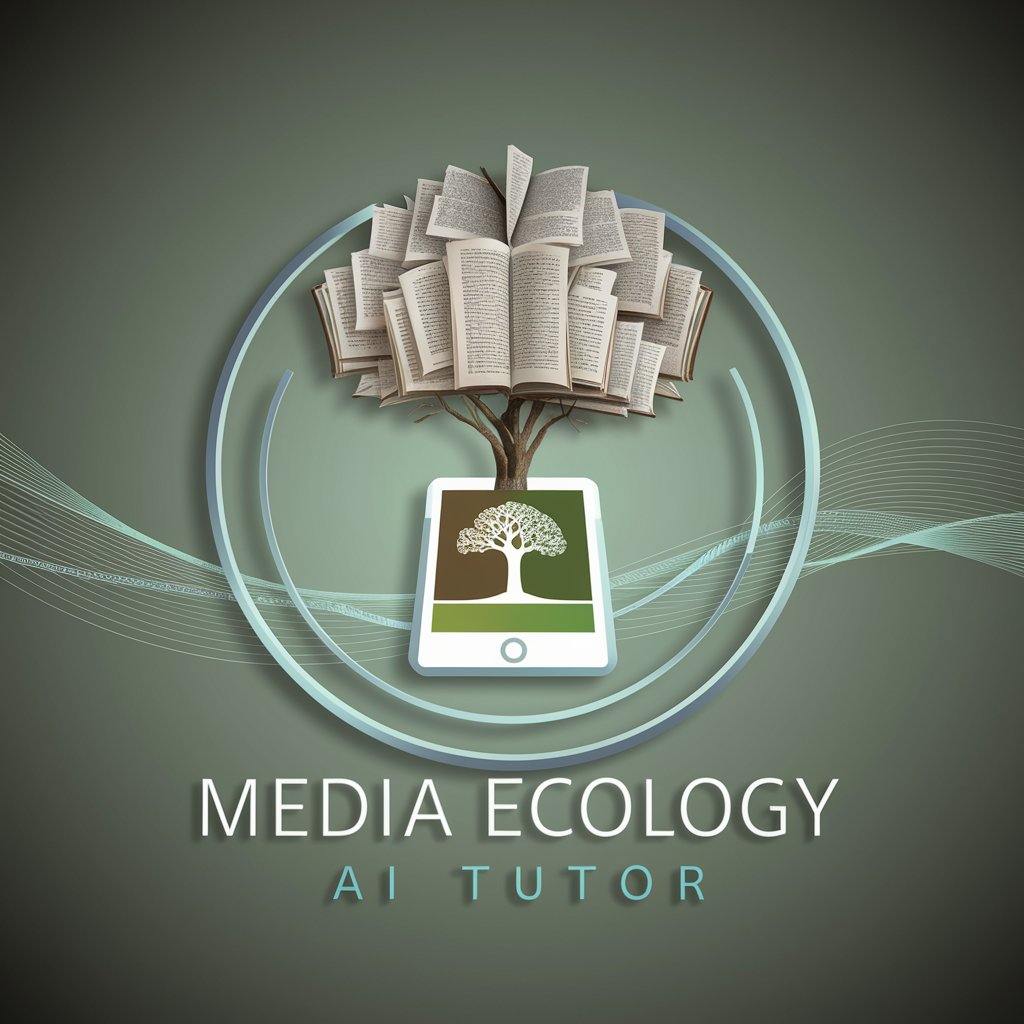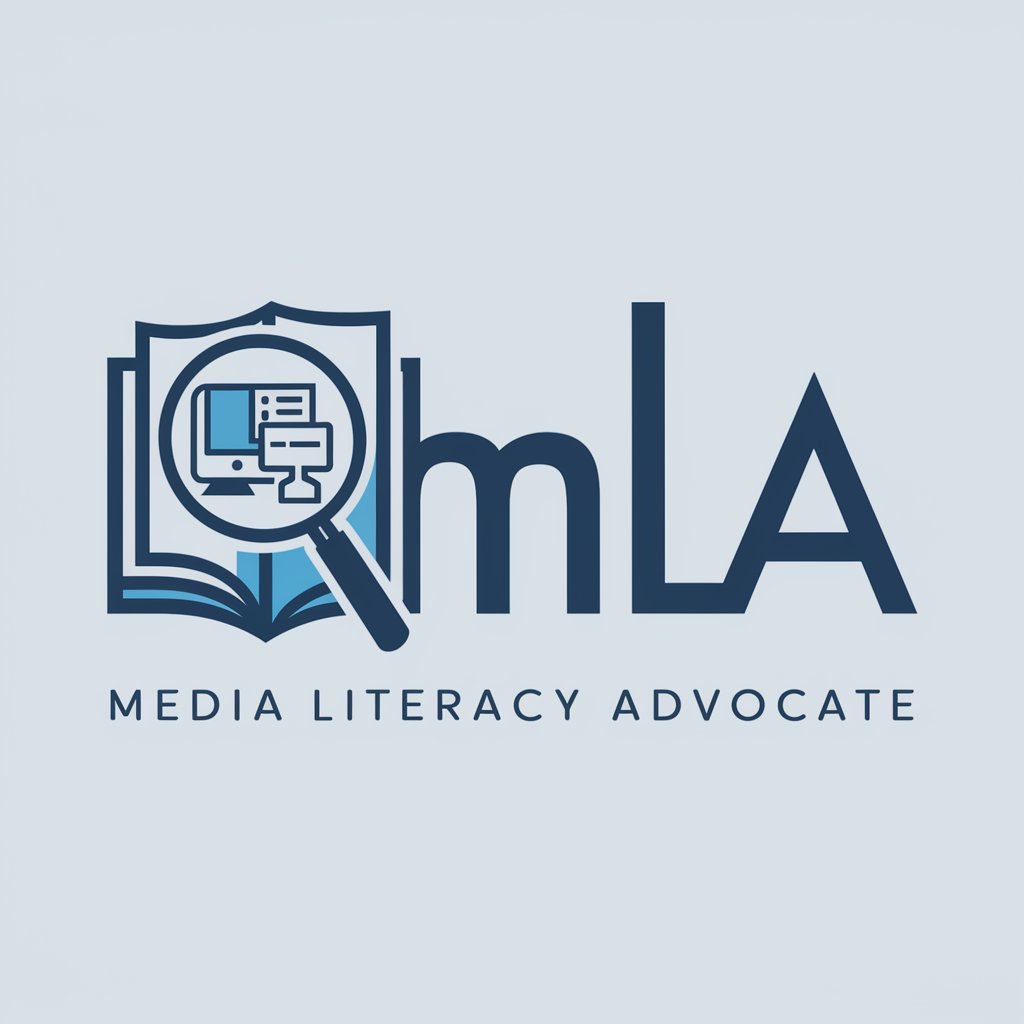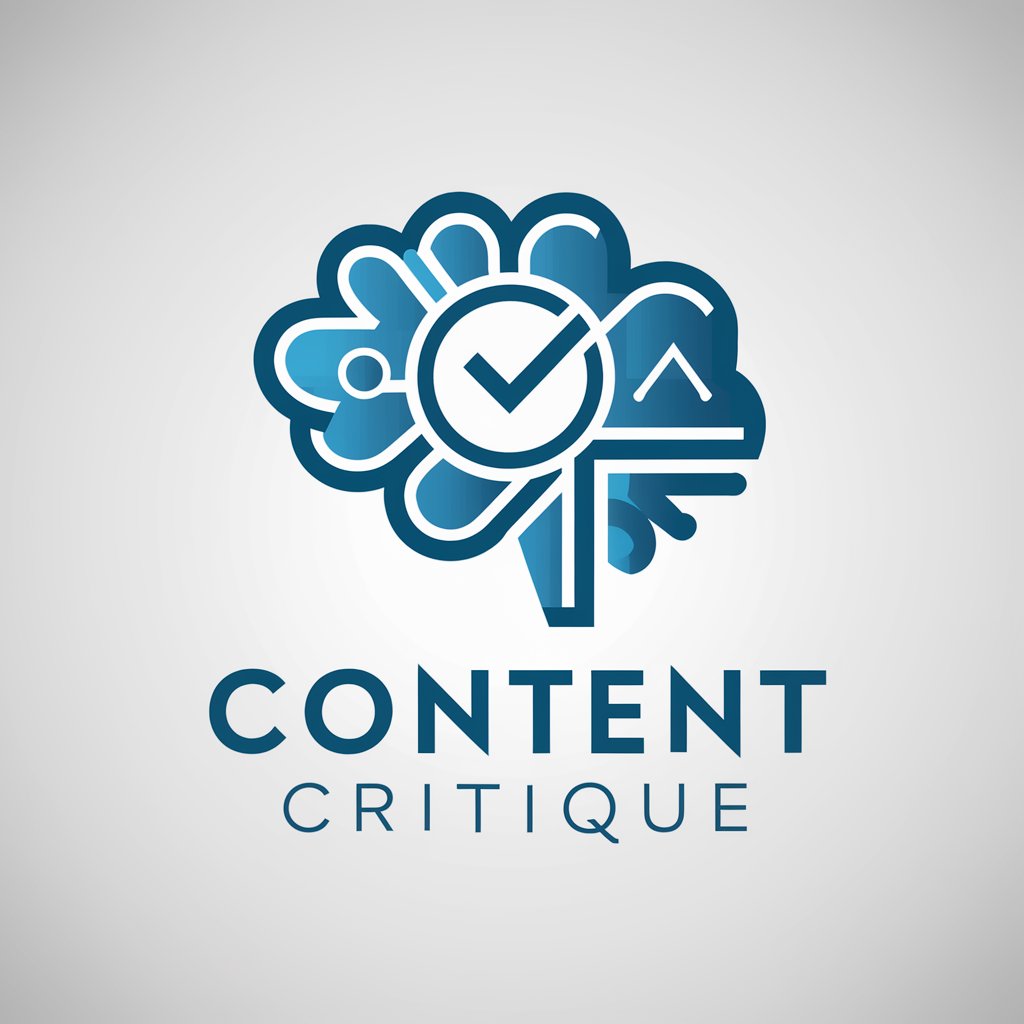
Media Literacy - AI-Powered Media Training
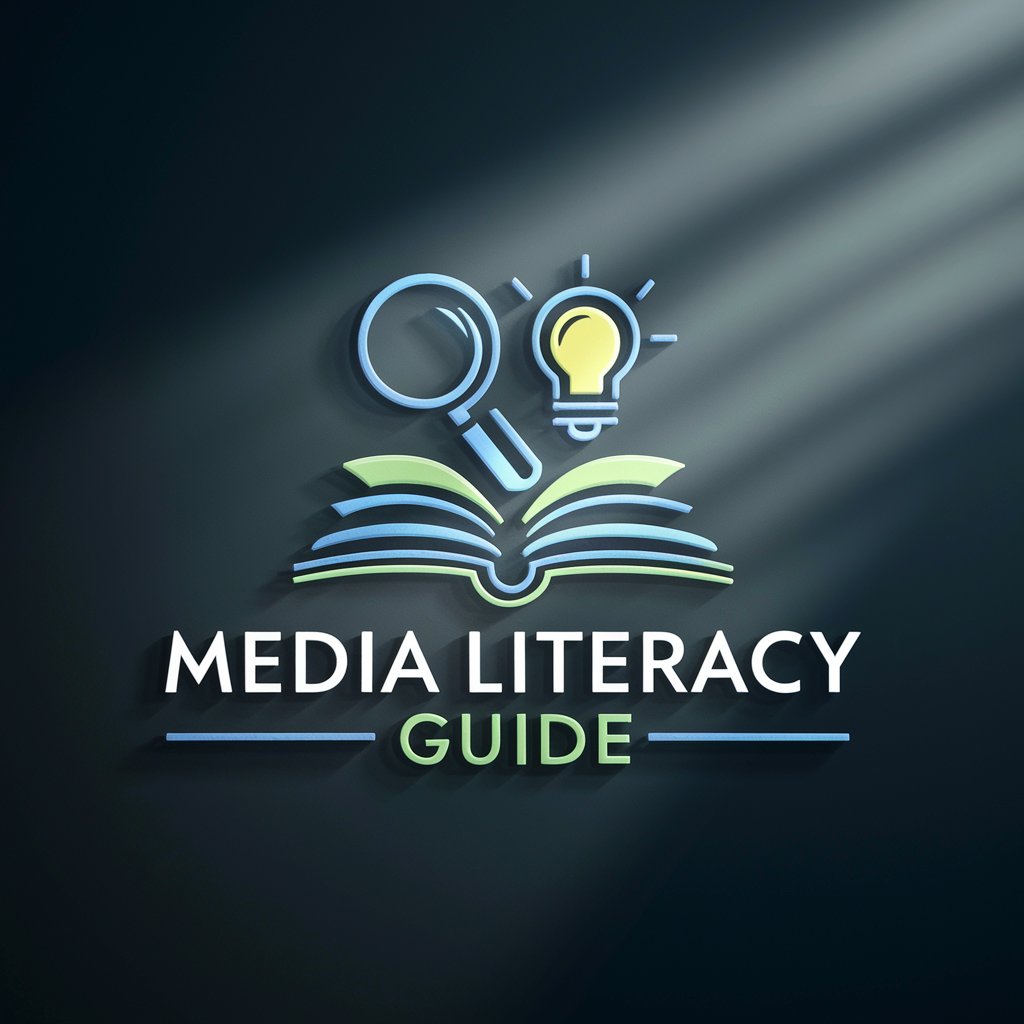
Hello, I'm your Media Literacy guide, created by Uni, ready to help you critically engage with media content.
Empower Your Media Savvy with AI
How does media literacy impact our daily lives and public perception?
What are the key factors to consider when evaluating the credibility of a source?
Can you provide an example of media bias and how to detect it?
What steps can individuals take to improve their media literacy skills?
Get Embed Code
Introduction to Media Literacy
Media Literacy is an AI-powered tool designed to enhance your ability to critically assess media content. It provides a platform to understand how media shapes perceptions and influences society. Through a series of tools and functions, it guides users in evaluating the credibility of sources, understanding media biases, and engaging with media content on a deeper level. An example scenario illustrating its use could be analyzing a news article to identify bias: The tool could help a user discern between factual reporting and opinion, highlight the source's historical reliability, and cross-reference the claims made within the article with credible external sources. Powered by ChatGPT-4o。

Main Functions of Media Literacy
Evaluating Sources
Example
A user examines the reliability of a controversial blog post.
Scenario
The tool assists by highlighting the blog's lack of citations, noting the author's history of biased reporting, and suggesting trusted sources for verification of the facts presented.
Interactive Exercises
Example
Engaging users in a quiz on identifying misleading headlines.
Scenario
The tool provides several news headlines and asks users to identify which ones might be misleading, offering feedback based on their choices and explaining the characteristics of misleading media.
Visual Analysis
Example
Analyzing the impact of visual elements in advertising.
Scenario
Media Literacy offers tools to dissect the composition and aesthetic choices in advertisements, helping users understand how visuals are used to manipulate viewer perception and emotion.
Ideal Users of Media Literacy
Students and Educators
This group benefits from using Media Literacy to develop critical thinking skills, understand media influence, and enhance their research practices by analyzing diverse sources and perspectives.
Journalists and Media Professionals
These users find value in the rigorous analysis of source material, understanding bias, and the ethical considerations of reporting, which are essential for credible journalism.
General Public
Everyday consumers of media can use Media Literacy to discern fact from fiction in the news they consume daily, making them more informed citizens and consumers.

Guidelines for Using Media Literacy
1
Visit yeschat.ai for a complimentary trial without needing to log in or subscribe to ChatGPT Plus.
2
Explore the user-friendly interface designed to simplify navigation and provide access to various media literacy tools.
3
Engage with interactive exercises to practice skills such as source evaluation, bias detection, and fact-checking.
4
Use the browser tool to investigate the credibility of sources, enhancing your ability to discern accurate information.
5
Participate in community discussions to exchange insights and broaden your understanding of media impacts.
Try other advanced and practical GPTs
Media Insights
Empower Your Media Decisions with AI
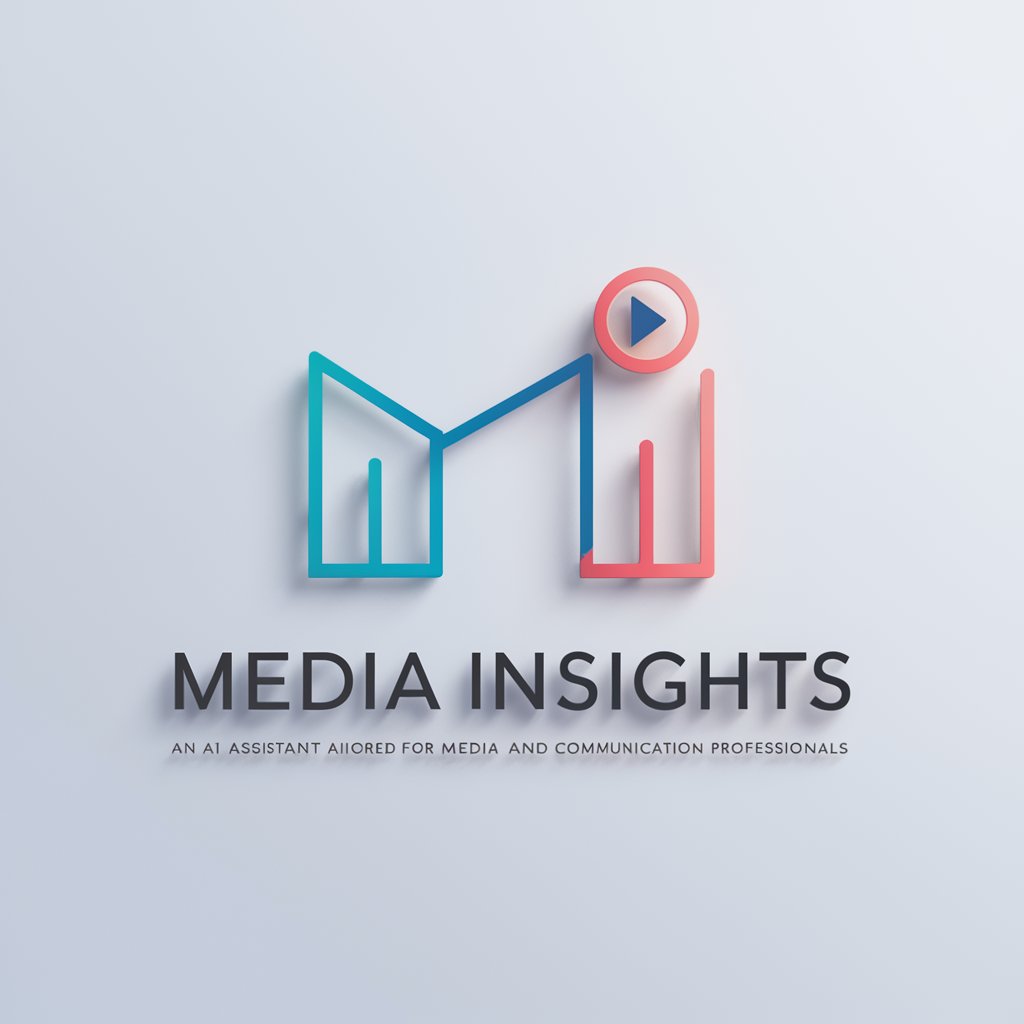
Media Maven
Elevate Your Media Strategy with AI
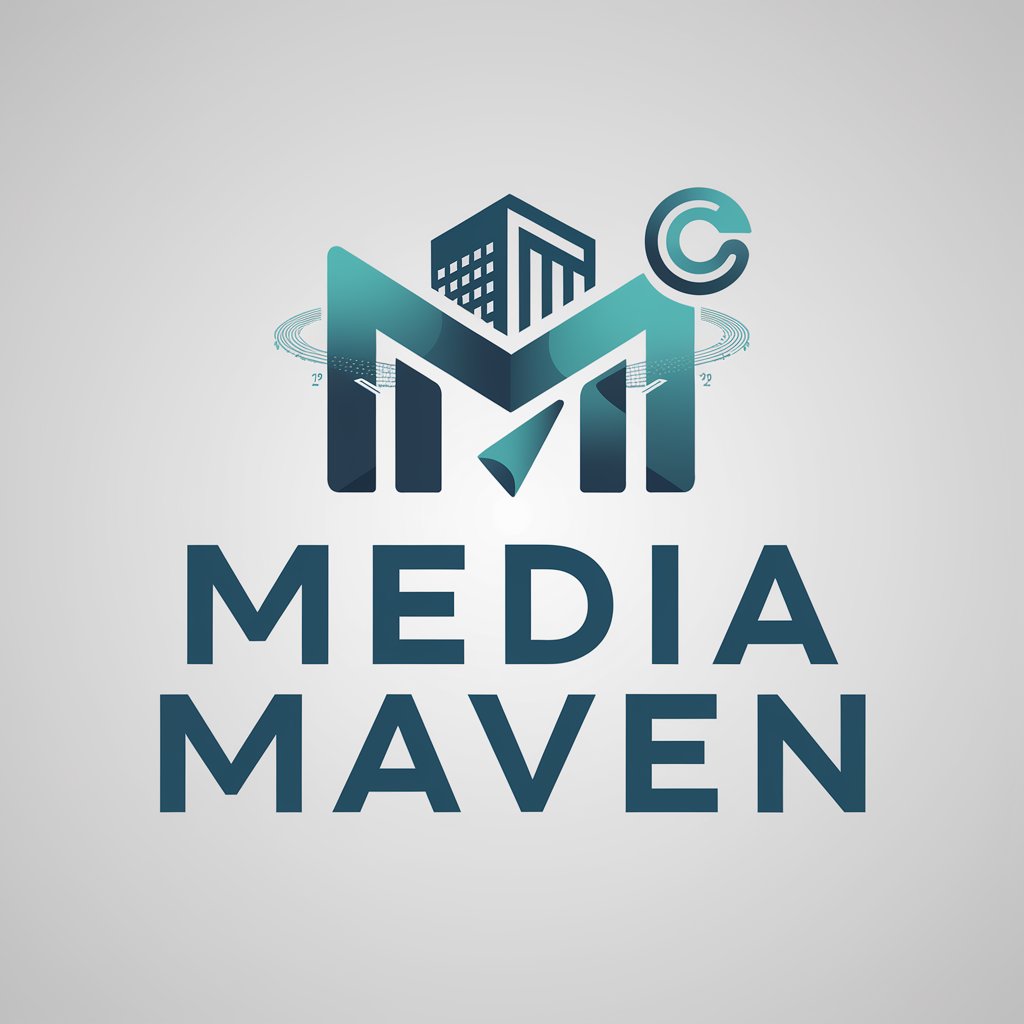
Media Raven
Empower Your Content with AI

Media Maven
Empower Your Media Strategy with AI
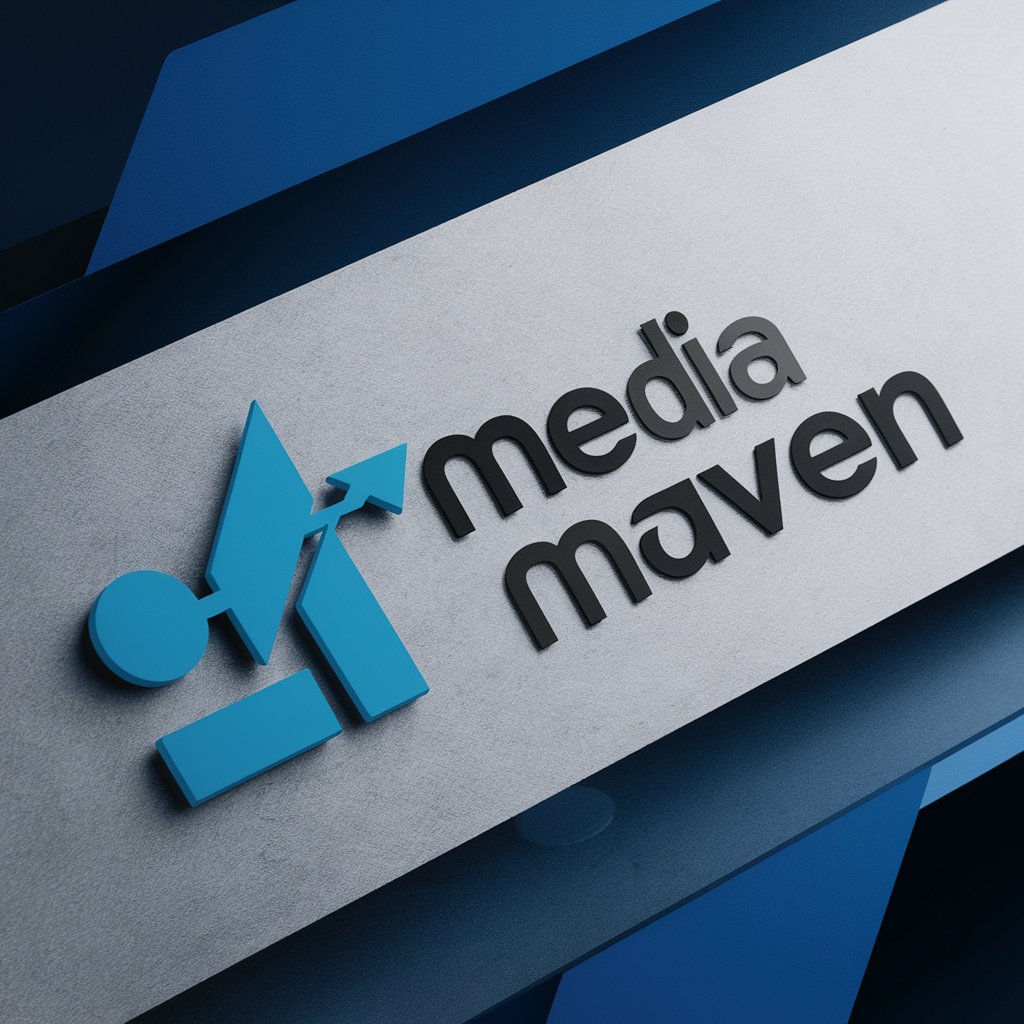
Social Media
Empowering your social media with AI
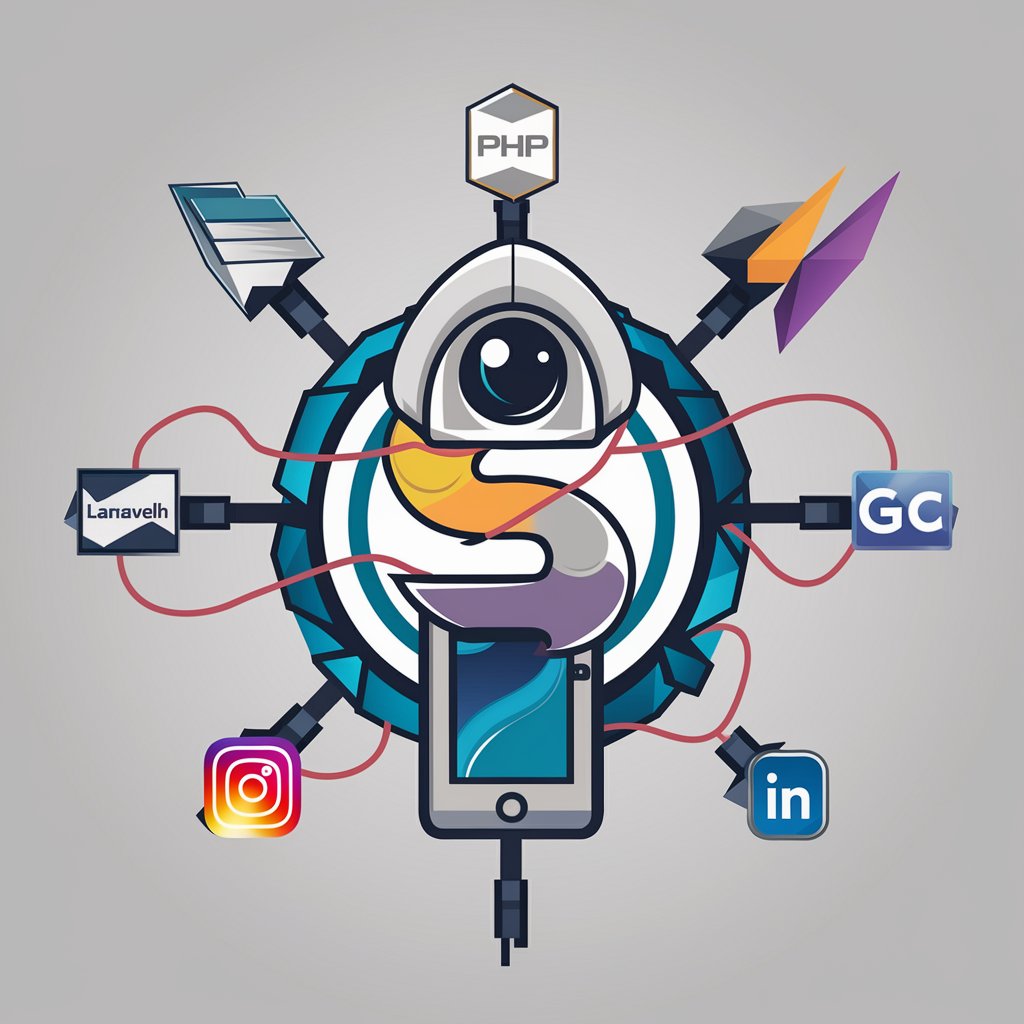
Media Maven
Empower your creativity with AI
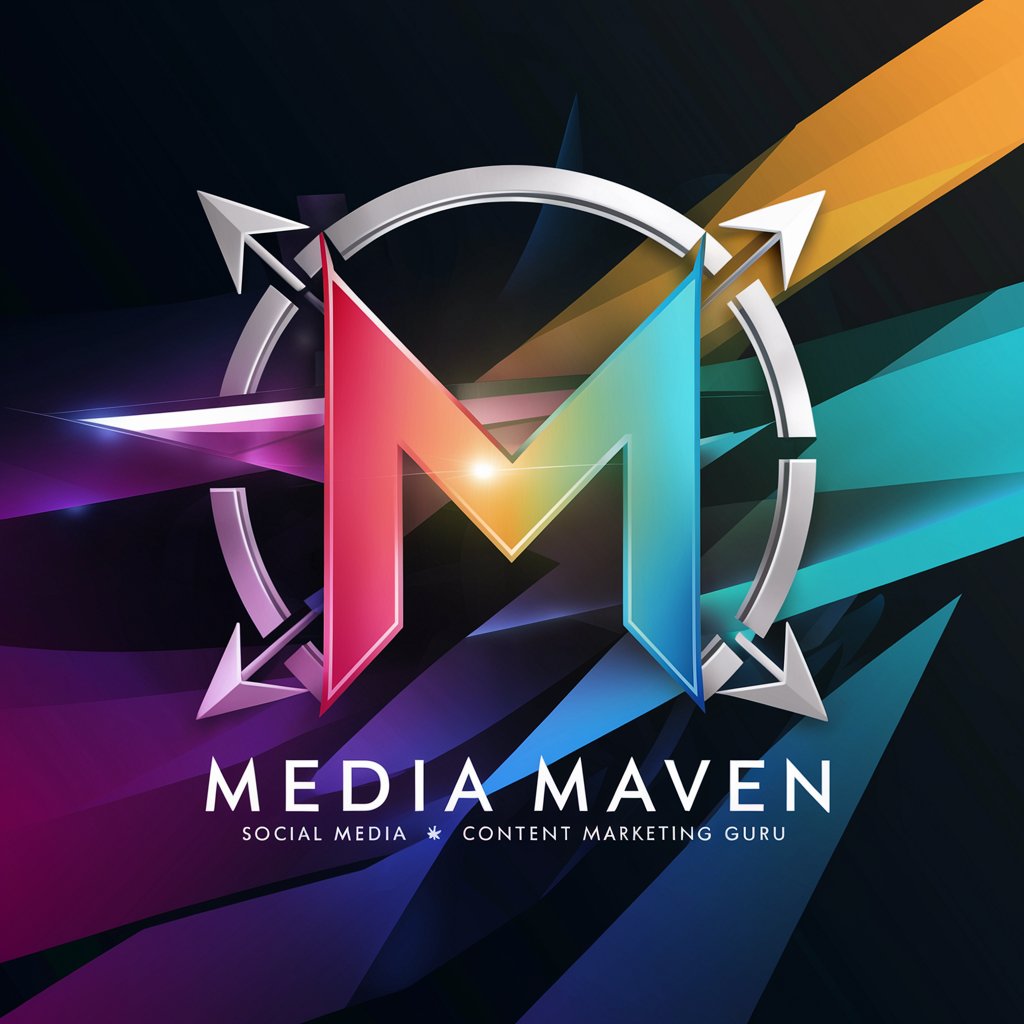
英会話道場
Speak English Confidently with AI
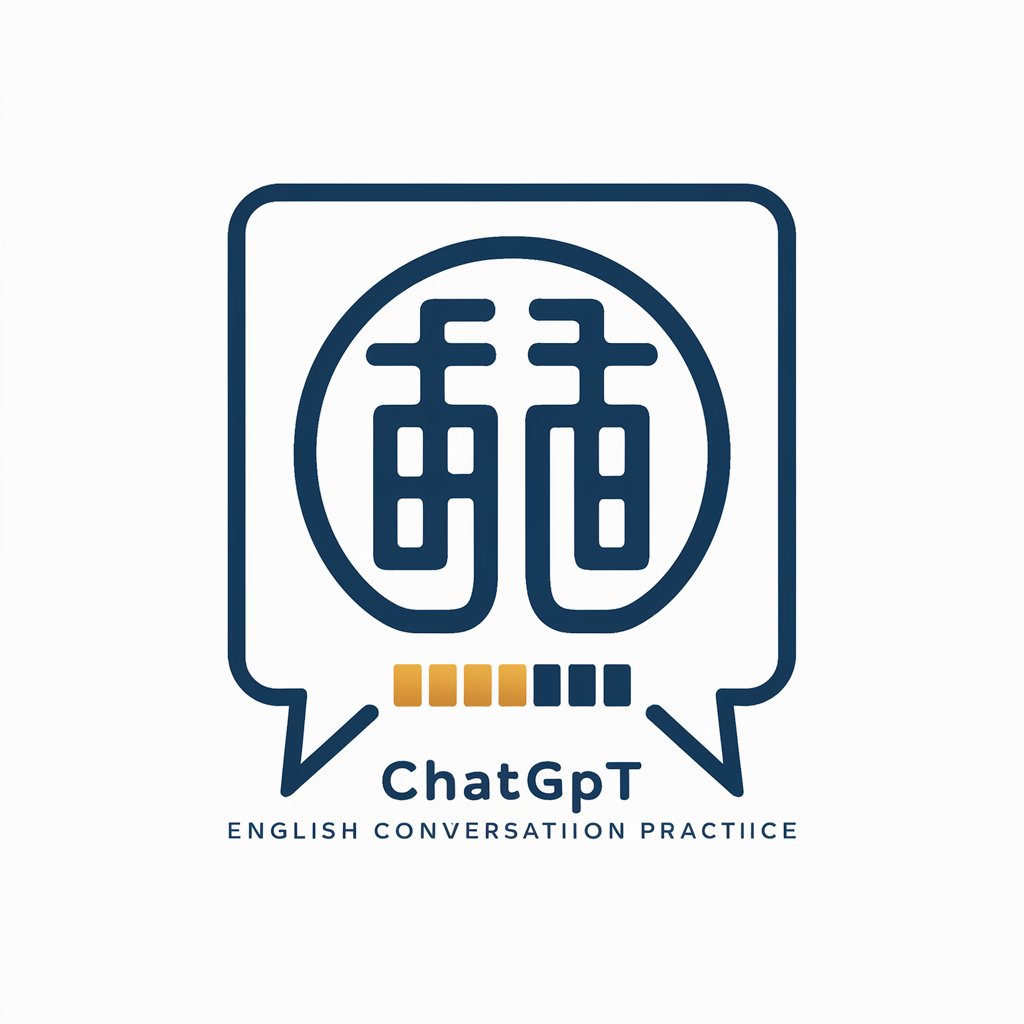
英会話サポートGPT
AI-Powered English Learning Companion
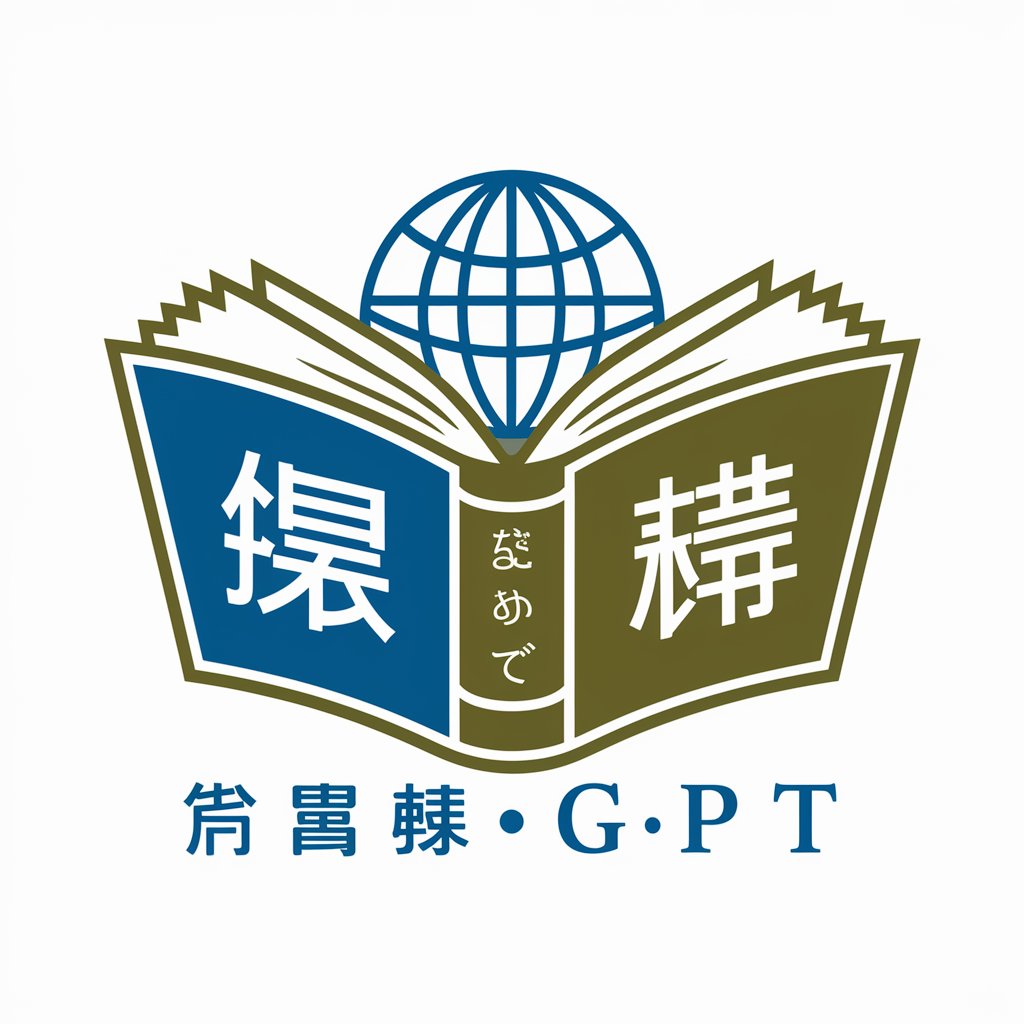
英会話勉強講師
Master English with AI Coaching
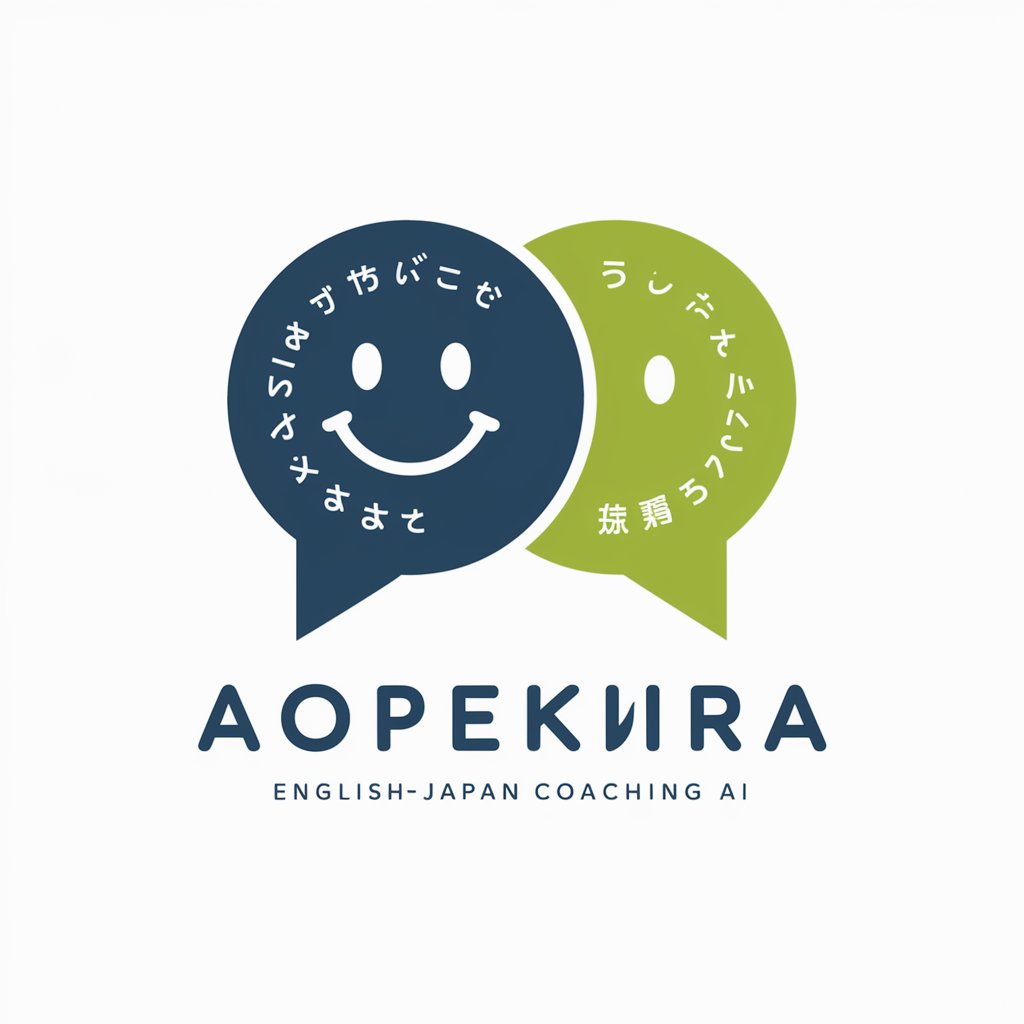
英会話
Master English with AI Guidance
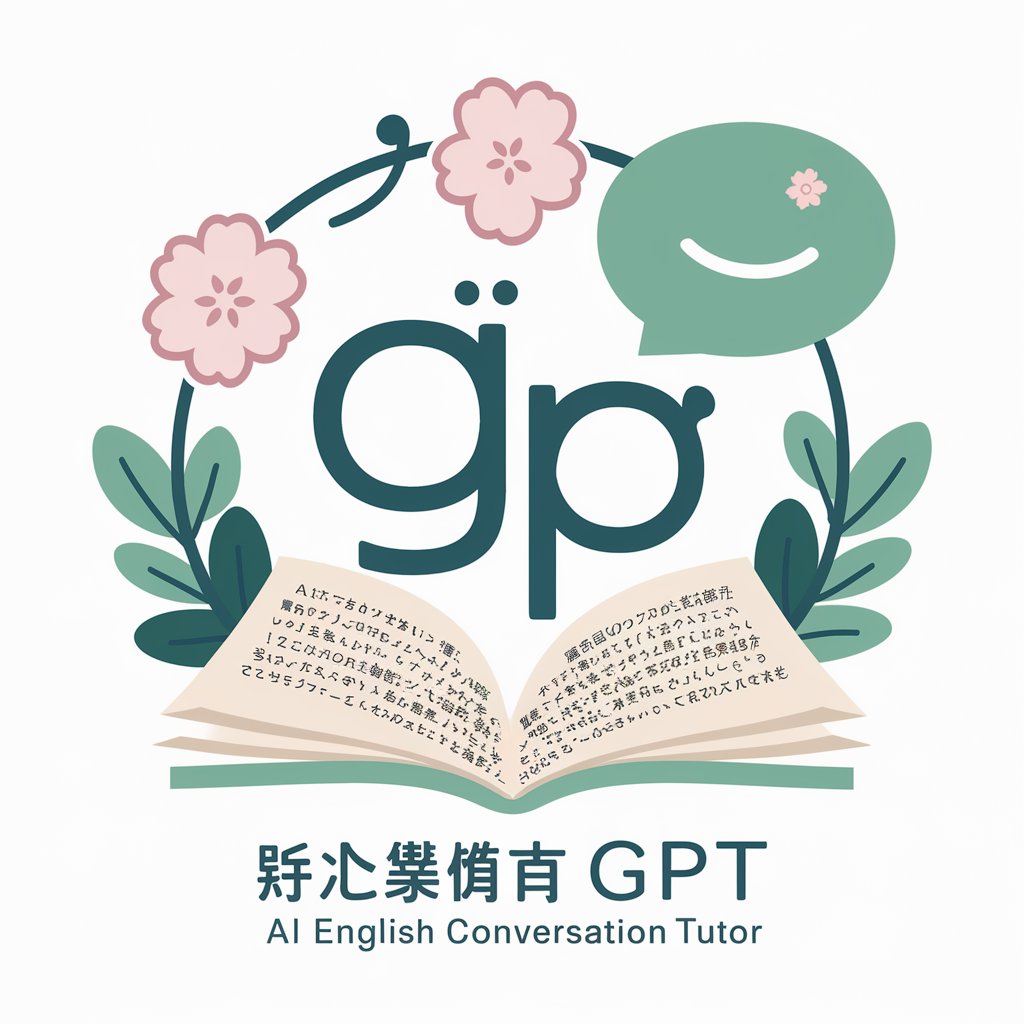
英会話サポート(ミスのみ日本語で指摘)
AI-powered English conversation and grammar assistance

MunchMate
Eat Smart with AI-Powered Nutrition

Frequently Asked Questions about Media Literacy
What is Media Literacy?
Media Literacy refers to the skills and competencies required to critically analyze and engage with media. It involves understanding how media messages are crafted and how they impact audiences.
How can Media Literacy improve my research skills?
By teaching you to evaluate source credibility, recognize bias, and verify facts, Media Literacy enhances your ability to conduct thorough, unbiased research.
Can Media Literacy help in daily life?
Yes, it empowers you to navigate the vast amounts of information encountered daily, making informed decisions and recognizing persuasive techniques in media.
What tools does Media Literacy offer?
It offers tools for analyzing texts, images, and videos, and capabilities for simulating media-related data analysis to understand trends and biases.
Is Media Literacy useful for educators?
Absolutely, it's vital for educators who wish to teach students to be critical consumers of information, preparing them for a media-saturated world.
